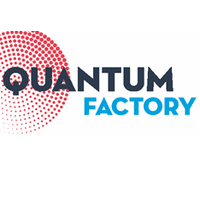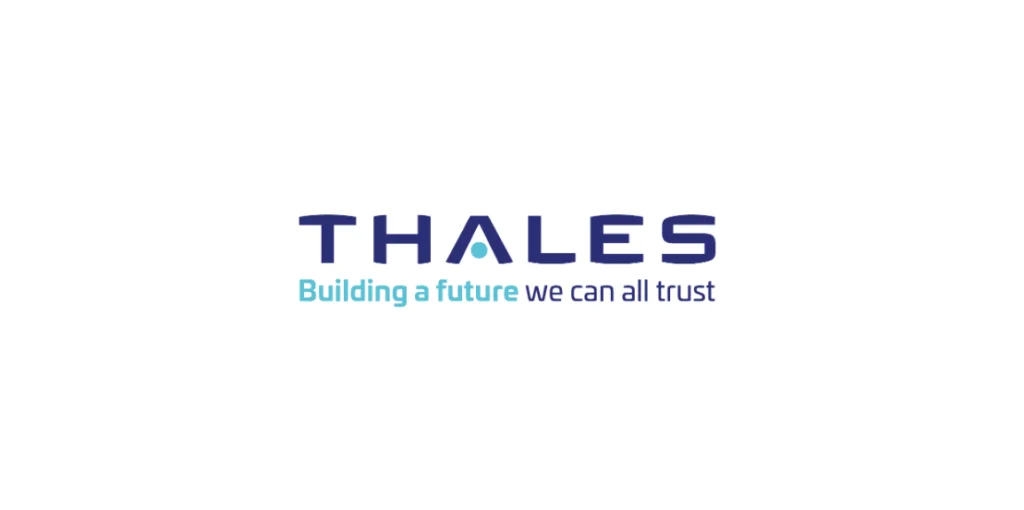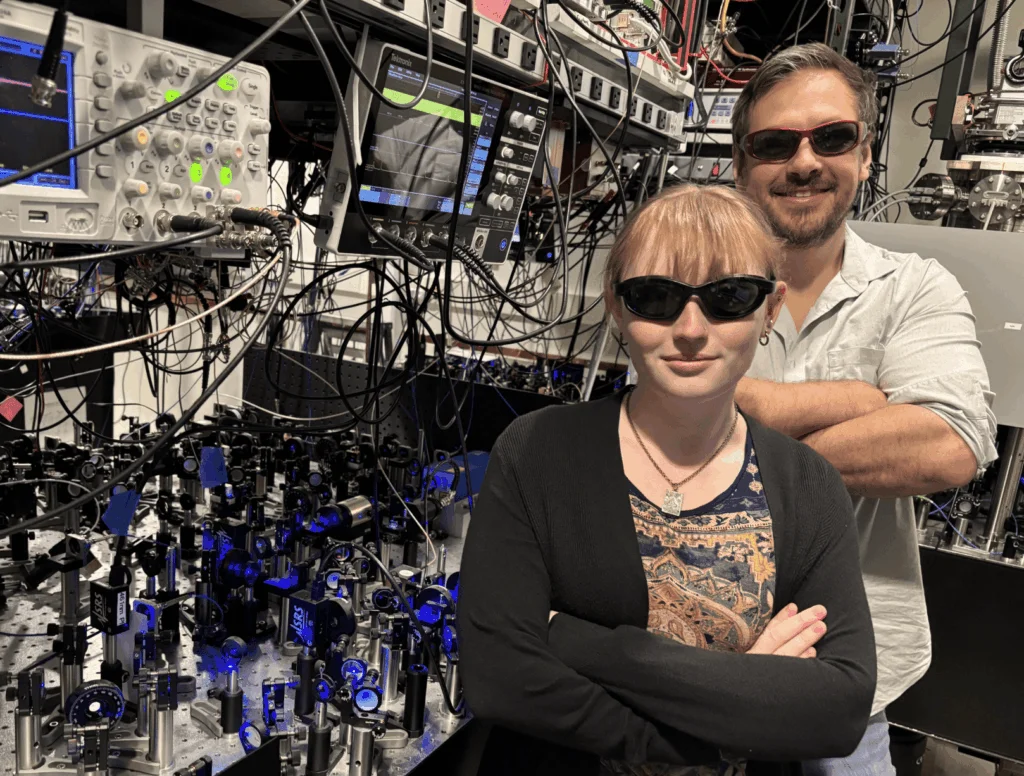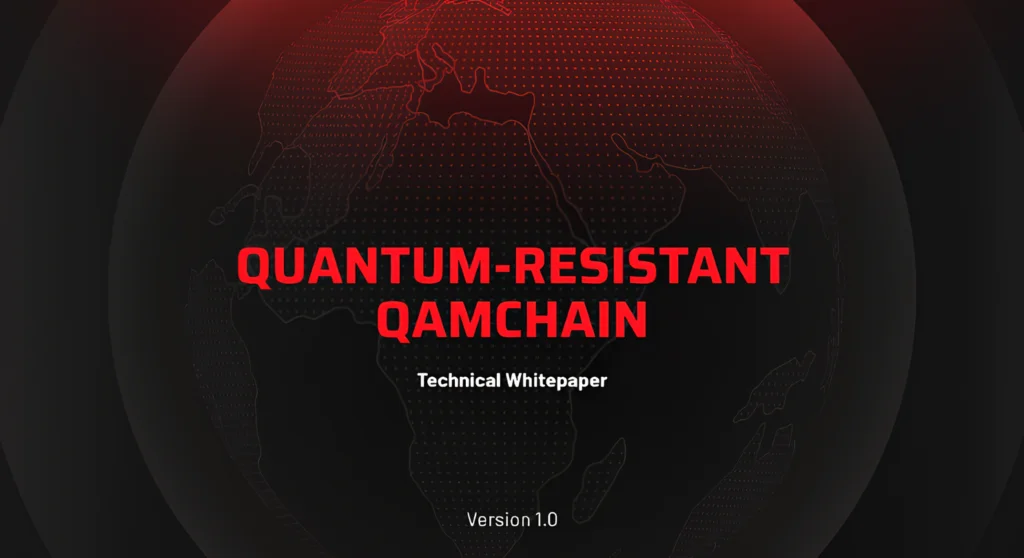Dictionary Definition
Sometimes a name tells you everything about a company. Sometimes not.
Factory: a building or set of buildings where large amounts of goods are made using machines.
— Cambridge English Dictionary

When the word ‘factory’ pops up — it doesn’t matter where it is — I think of something on a grand scale, producing thousands of items per hour. Hot, molten metal, spurting out from huge container in foundries. The clanking sound of steel on steel. Car production plants. Delivery trucks. Blue-collar workers and strikes. Trade union men acting like Jimmy Hoffa.
I don’t think of science, for sure. And I certainly don’t think of quantum physics.
Such a bold, cheeky oxymoron could work as much as it could fail.
But that’s exactly what’s happened in Germany with the quantum computing (QC) startup Quantum Factory Gmbh.
Quantum Factory
No, we’re not in the Ruhr Valley, made famous for being the industrial heartbeat of the new Germany in the late 19th century, but in the land of Lederhosen and Octoberfest. Munich, Germany’s richest city.
Founded by businessman and entrepreneur Alexander Hüsers and quantum scientist Dr. Björn Stein in 2019, the startup has grand plans in the QC ecosystem.

However, as with all Germans, their honesty is admirable. They state on their landing page that:
We are a startup that plans to build and operate the first practically usable quantum computer. We are looking for funding and offer consulting services.
So anyone getting involved knows exactly where they stand.
This hasn’t stopped the startup from discussing with the German government and would-be investors.
The company plans to design and build, by 2023, a universal ion-based quantum computer that will serve the market appropriately. Such lofty ambitions are promised by many in the industry, but you get the feeling that with the Germans they will do their utmost to fulfill the promises.
With respect to the technical specifications of the startup’s product, they envisage a computer that will outperform other quantum computers on the market by solving all the problems which current classical models cannot. Quantum Factory sees its architecture as being useful for many industries, too, from energy to aerospace to the pharmaceutical sectors.
Such ‘catchall’ promises, especially from a startup with no funding, can seem to many as false speak, unduly blowing the trumpet when the instrument shouldn’t be blown.
But it’s usual these days.
Talks of breakthroughs in the quantum computing sector seem a daily occurrence of late. Journalists, not to mention PR agencies, are circling sharks.
Google’s latest announcement of Quantum Supremacy is a case in point.
Trying to take advantage in a business world where every word can be taken literally is just part of the game.
Using The Media
And with publications like The New York Times, Forbes, The Huffington Post and others getting in on the act in publishing articles on the trials and tribulations in the QC space, it’s no wonder startups are trying to ride the wave and cash in on the speculation.
As with AI ten years ago — which garnered a lot of publicity before the AI winter set in some time later — technology is technology.
It isn’t going anywhere.
And though it may be slow going, there is little doubt QC is heading in the right direction.
If German cars and tools are anything to go by, then, we can be sure a quantum computer made by the German startup — no matter what the result in price — will be wholly reliable.
And Stein, who received his Ph.D. from Hannover University in contributions to a single Ytterbium ion-optical atomic clock, is well-qualified to guide the startup in its R&D endeavours.
















